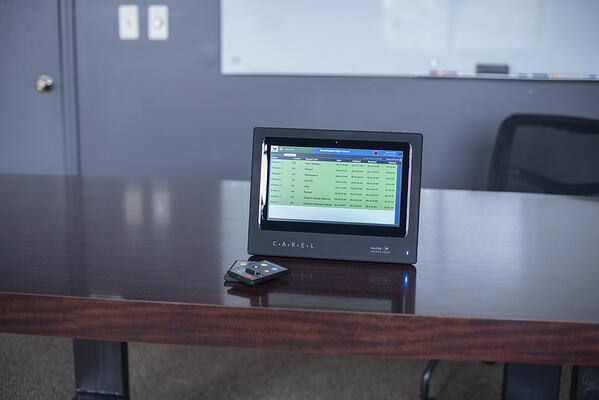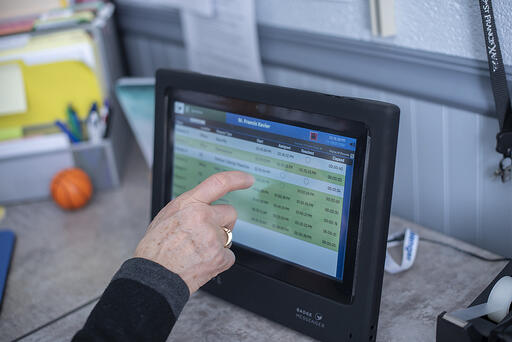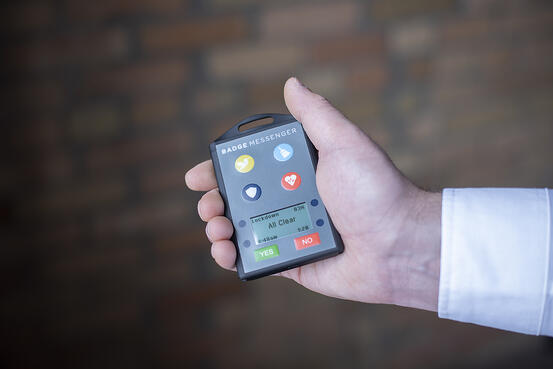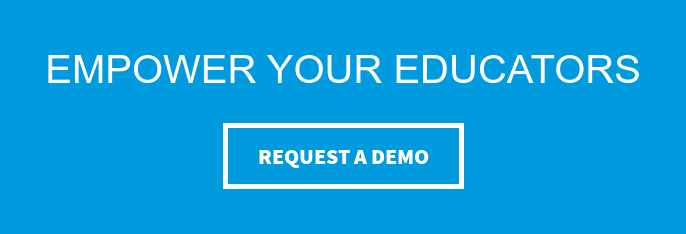From the outside, a school seems simple: a building, some teachers, and some students. Inside, however, a school is a complex organism with a multitude of interconnected members. In addition to teachers and students, there are administrators, janitorial staff, substitutes, as well as parents and volunteers. Like any interconnected system, efficient communication between these groups is essential to keeping a school running smoothly.
There are innumerable school alerts that can go out in a day, ranging from everyday issues like maintenance requests and dismissal reminders to emergency situations like natural disasters or an active shooter. That being said, it is absolutely crucial that communication in schools is as consistent and instantaneous as possible. Having a dedicated school alert system is beneficial for every member of the school community.
Keeping Teachers Focused on the Classroom
While teachers are the frontline when it comes to students’ learning, their attention is constantly pulled in a thousand different directions. Teachers have many factors demanding their attention on a daily basis, such as the learning needs of individual students, schedules to be followed, and environmental factors, such as lighting, heat, or noise. When an unexpected issue arises, large or small, it’s just one more thing competing for teacher bandwidth.
 Many schools depend on the use of phones — either the teacher’s personal phone or the classroom landline — for communicating these issues. However, this can be problematic in a number of ways. These devices may not always be within reach, especially if a teacher is dealing with a situation that requires both hands. Phones may also depend on cellular service or an external power source. A landline in particular also depends on another person being present to answer the call.
Many schools depend on the use of phones — either the teacher’s personal phone or the classroom landline — for communicating these issues. However, this can be problematic in a number of ways. These devices may not always be within reach, especially if a teacher is dealing with a situation that requires both hands. Phones may also depend on cellular service or an external power source. A landline in particular also depends on another person being present to answer the call.
To keep their focus on the classroom and minimize distraction for their students, teachers must be confident their request for assistance can be initiated and addressed with an easy, reliable, and discreet single-button press. Having a dedicated school communication system allows teachers to call for assistance and return their attention to students’ learning, confident their request will be fulfilled.
Creating a Safe Space for Students
Students who feel physically and emotionally safe in the classroom are more likely to achieve academic success, connect with their peers, and have fewer attendance issues. Empowering teachers to deal with classroom situations quickly and discreetly gives students peace of mind and fosters trust between teachers and students.
Depending on the ages of students in a classroom, a wide variety of student-centered issues can occur. For instance, a discreet school alert system can save students embarrassment. If a student has a bathroom accident in class, the teacher can call for a change of clothes without alerting the student’s peers, likely preventing teasing that could result in emotional trauma. If a student is having a panic attack or other mental health issue, the teacher can call the nurse or counselor to help him or her calm down without exacerbating an already stressful situation.
Physical safety is also a concern. Certain groups of students—like those with behavioral disorders—may be prone to angry outbursts or other behavior which has the potential to become unsafe for themselves and others. In these situations, the teacher might be unable to reach a phone or PA system. An efficient and discreet school communication system can help a teacher call for backup without escalating a situation, ensuring the safety of all involved.
Reacting Efficiently in Emergencies
With the frequency of school shootings in recent decades, school safety has become the number one priority for school leaders, as well as invested community members. Efficient and effective communication in emergency situations is quite literally a matter of life and death.
 In emergency situations, landlines, PA systems, and radios all have the problem of being voice-dependent, which can be crippling during a situation demanding silence. In addition, some areas of schools may not have cellular coverage on a normal day, let alone in an emergency, when cellular congestion is common. Power outages can also be a problem during emergency situations, hampering systems that rely on school WiFi or a constant source of electricity.
In emergency situations, landlines, PA systems, and radios all have the problem of being voice-dependent, which can be crippling during a situation demanding silence. In addition, some areas of schools may not have cellular coverage on a normal day, let alone in an emergency, when cellular congestion is common. Power outages can also be a problem during emergency situations, hampering systems that rely on school WiFi or a constant source of electricity.
In an emergency, speed is of the essence. Whether calling for an evacuation or a lockdown, administrators need to communicate with the whole school as quickly as possible. Depending on the day or time, teachers may not be with their students, or there might be a substitute teacher who is unfamiliar with the school’s emergency procedures. Having an instantaneous, wordless, and easy-to-use school communication system that operates independently of cellular towers and external power sources can ensure students’ safety, even when conditions differ from those experienced during drills.
need to communicate with the whole school as quickly as possible. Depending on the day or time, teachers may not be with their students, or there might be a substitute teacher who is unfamiliar with the school’s emergency procedures. Having an instantaneous, wordless, and easy-to-use school communication system that operates independently of cellular towers and external power sources can ensure students’ safety, even when conditions differ from those experienced during drills.
An Ideal School Communication Solution
Having a dedicated device specifically for school emergency and assistance requests enables staff members to be confident that device notifications are completely school-related and require their immediate attention.
Badge Messenger® is a simple, secure, and customizable school alert system. Teachers and administrators wear a Messenger on their lanyards and, with the touch of a button, they can call for maintenance, report a security or health issue, or request assistance with any other problem they may encounter. Messengers are free from cellular or WiFi reliance and maintain functionality in a power outage.
When teachers are empowered to request help with the push of a button, when students see their school has a proven system to protect them in an emergency, when administrators are able to communicate with the whole school simultaneously, then the school system is able to serve its primary purpose: teaching and shaping young minds.
